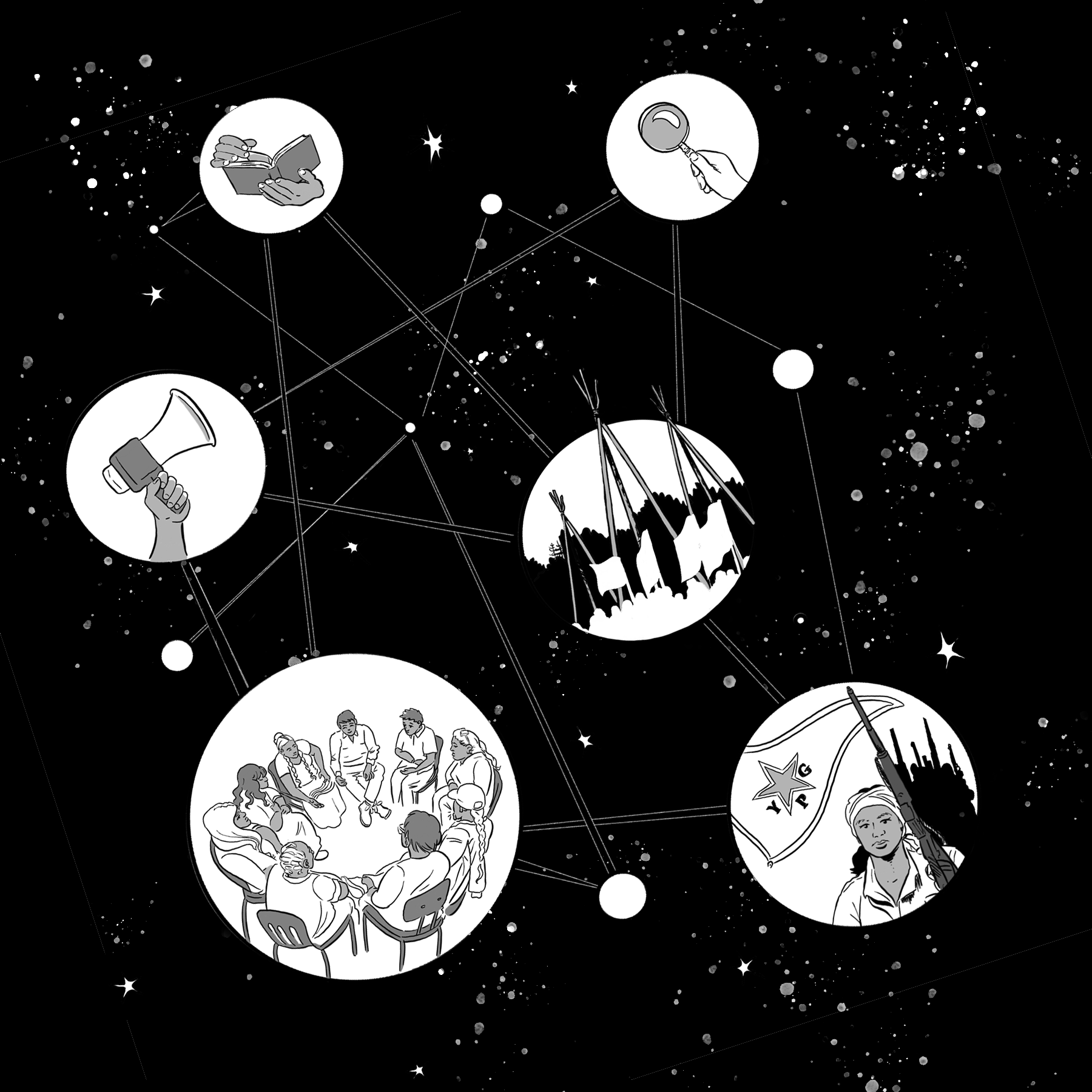The term "social ecology" combines social, from the Latin socius (companion, ally, or society), and ecology, from the Greek oikos (house, home) and logia (study of). It describes the study of the relationship between human populations and their environments, with a prominent philosophical movement founded by Murray Bookchin arguing that environmental degradation stems from societal hierarchies and inequalities.
Social ecology is a holistic theory dealing with social history, the human species, and our role in the natural world. Its proponents advocate for a restructuring of society from the bottom up, replacing hierarchy, exploitation, and homogenization with communal autonomy, interdependence, and radical ecological humanism. Social ecology is distinctive for its argument in favor of direct democracy as an expression of ecological politics; that direct democracy is “ecological” both in function and form. In this way, social ecologists ultimately view political revolution and ecological evolution as one and the same process. The 20th-century thinker Murray Bookchin dedicated himself to cultivating this perspective for many decades, incorporating elements of dialectical Marxism, classical anarchism, anthropology, urban studies, technology studies, ecological design, and political philosophy. The following entry introduces the background, key themes, and practical examples of this philosophy and then points to several emerging tensions, limits, and opportunities.
 Illustrator: Nicole Marie Burton
Illustrator: Nicole Marie Burton